My Great-Grandfather Gerhard Herman Budde was born in 1848 in Nordhorn. Lower Saxony, Germany, close to the Dutch border. In the decades before his birth the French Revolution and the ensuing campaigns of Napoleon had change the structure of Europe forever. The French ended the 1,000-year-old feudal system of both church and secular rulers.
His Great-Great Grandfather (born in 1731) also called Gerhard moved in 1770- from the family farm in neighbouring Wietmarschen to Nordhorn. The farm was owned by the local Monastery. As serfs the Buddes started this farm in the peat lands on the edge of the Bourtanger Moor around 1600. So, they had firsthand experience with the feudal system.
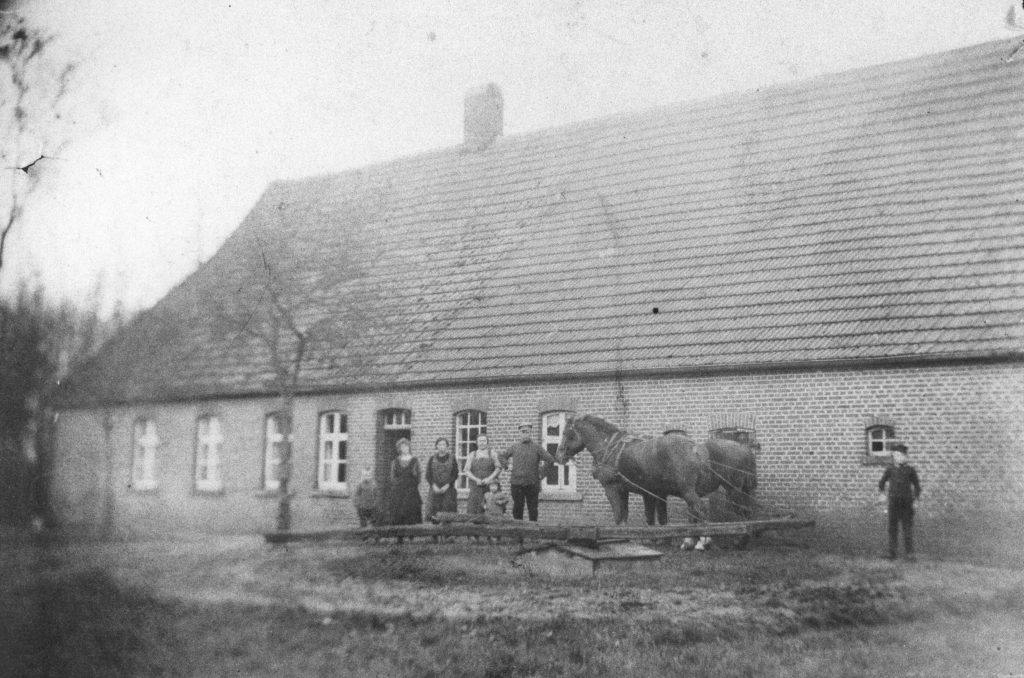
Gerhard’s Great Great-Grandfather, bought his freedom from the Monastery in 1770 and moved to Nordhorn –just before the French Revolution.
After the French had successfully beaten English, Prussian and Hanoverian troops in 1795 the first French troops were quartered in Nordhorn in March of that year. (In Wietmarschen French soldiers were billeted at the Budde farm.)
The French reformed the legal system, civil government. Some limited form of democracy was introduced, as was conscription and the metric system.
On the 17th of November 1813 the Russians arrived in Nordhorn and took over the local Patriots being the the French-supporting government. After the collapse of the French rule, most of the old monarchy systems were restored at the Vienna Congress (September 1814-June 1815). In Nordhorn the old feudal ruler, Count Ludwig of Bentheim tried to get his way to re-establish his county, however the Congress ruled that it had to be part of the Kingdom of Hannover.
However, the seeds of change were sown and very few of the powers were able to continue to rule without the involvement of representatives of the population. Most changes set in motion during the French occupation were in one way or another continued after the French had left their occupied territories. This led to the Revolutionary Year 1848.
The year 1848 – European Revolutions everywhere
It was in this year that my Great-Grandfather was born.
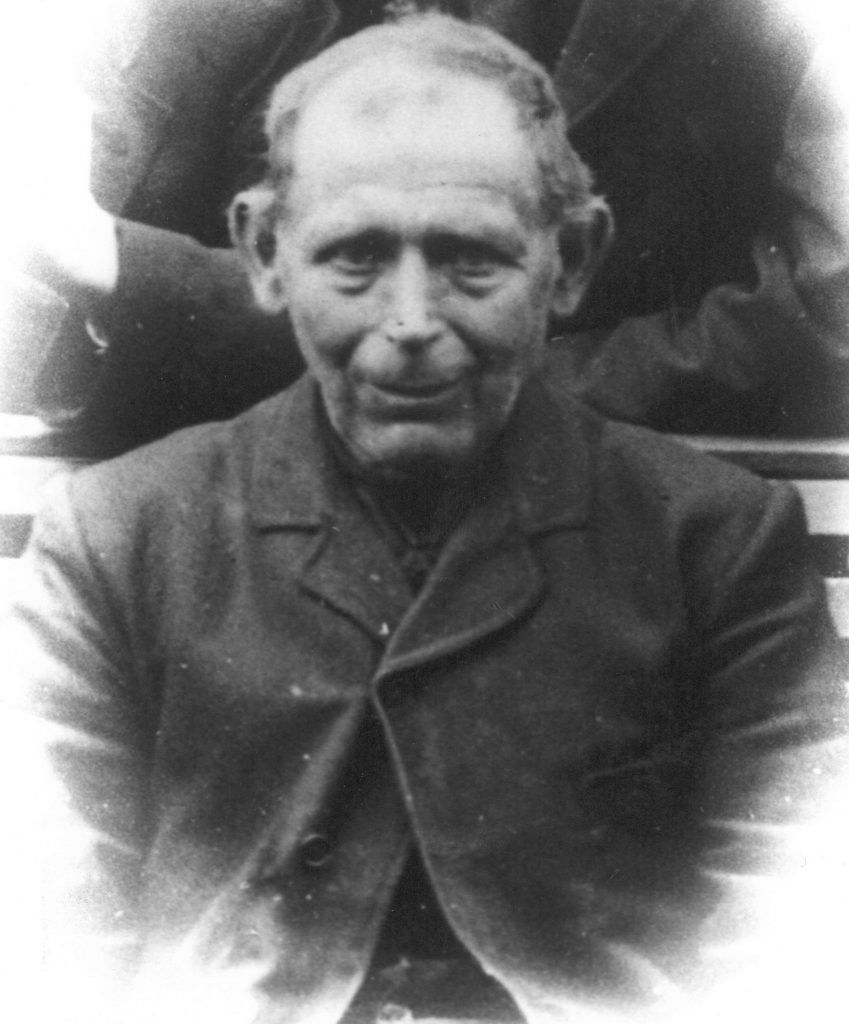
The French Revolution was the first major experience by most people of the concept of democracy and personal freedom. However, after the Vienna Conference the power returned to the numerous monarchs. The next ‘revolution’ started in 1848. Gerhard Hermann was born on September the 30th.
Most European countries were in uproar around this time.
It all started again in France with yet another bloodbath, the ‘new’ monarchy gets overthrown and King Louis Napoleon gets elected as president. Lots of European countries wanted to rid themselves of their monarchy which clung on to their powers without any involvement of their citizens in the day to day governing of their countries. The February revolution in France spilled over, especially to many countries within the Austrian-Hungarian Empire. There are civil wars in Czech, Poland, Hungary and Switzerland. There are uprisings in Italy (Sicily). In the Netherlands the King had to agree to constitutional reforms. Also in Prussia a Constitution was introduced, providing the first little bit of democracy to its citizens.
Nordhorn is also affected by this democratic fervour. The people in the German-Dutch border area had always been known for their independent stand, and they didn’t like to be told by others what to do and what not to do.
In 1848 the whole population united behind what became known as the Marzrevolution (March Revolution). Favouring a unified Germany that would end the unruliness of the 300 smaller states and cities who all made their own little rules, regulations, tax systems, foreign politics, etc.
Flags and banners were carried through the streets of the town and there were peaceful demonstrations in front of the town hall. This sometimes clashed with the local government who still had to adhere to the rules of the local monarch – in Nordhorn’s case the House of Hannover. One of the banners from 1848 is still kept locally. The slogan of the year was: ‘Eendracht maakt Magt! Revivat Nordhorn.’ (Unity is power! Revive Nordhorn). It is interesting to see that the Catholic community, of which my family belonged, in particular played a key role in this process of unification. But as with the French Revoltion als the Revolution of 1848 didn’t last long. Also here after the dust had settled, monarchs and princes tried to undo as much as possible of the concession they had been forced to agree to. But again it was another small step forwards to the modern times
The Marzrevolution of 1848
The failure of the Marzrevolution was a turning point in nineteenth century German history, The aims of the rebellion were political and economic reform: · the unity of the various German States; · free parliamentary elections; · freedom of the press; · a written constitution; and the establishment of a ‘Bill of Rights. The rebellion was precipitated by- a number of actors: the example set by the revolutionary assaults on autocracy represented by the American Revolution-of 1776, the French Revolution-of 1789, and the subsequent French rebellions of July 1830 and February 1848. Furthermore: · the emergence of a large and impoverished industrial working class; · the domestic political repression exemplified by the military response to the 1844 rebellion of Silesia weavers in search of cheaper food and better wages; . and the famine and starvation produced by the crop failures of 1847. It was initially, successful, leading to major concessions by the Prussian King Friedrich Wilhelm IV, but lost momentum because of disputes between its liberal and radical factions and the counter-rebellion of the Prussian aristocracy (backed up by the military). ln April 1849 the king WAS offered the crown of emperor under a new constitution.
Franco – Prussian War 1870/1971 – Der Altkrieger
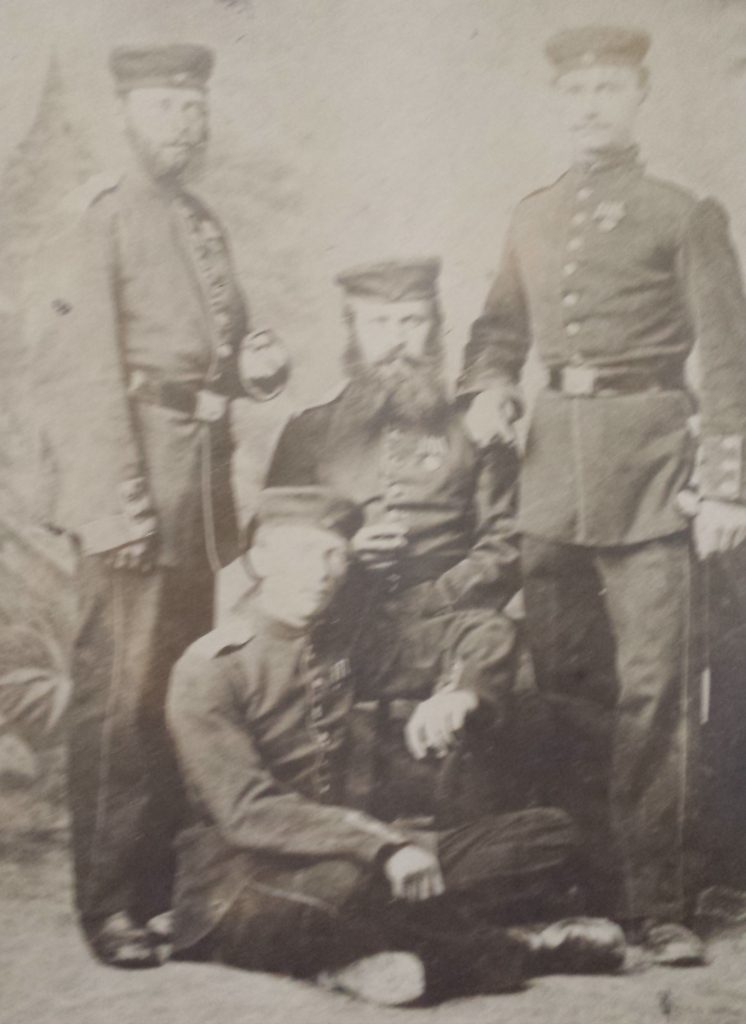
Born in the revolutionary year of 1848, it must have been an omen for my Great-Grandfather. At the age of 18 he first fought in the victorious Austro-Prussian Seven Week War. The Prussian military leader Otto von Bismarck defeated Austria and was thus able to unite northern Germany.Three years later, Gerhard was present again when more German history was written during the Franco-Prussian war of 1870/1871. Von Bismarck used an international event as an excuse to challenge the French to declare war on Germany. (The immediate cause of the Franco-Prussian War was the candidacy of Prince Leopold of Hohenzollern-Sigmaringen for the Spanish throne, which raised the possibility of a combination of Prussia and Spain against France.) France took the bait and Germany crushed their armies. Von Bismarck was now also able to unite the southern part of Germany. On the 1st of January 1871 Germany as we know it today was finally pronounced. At the Treaty of Versailles the Prussian King Wilhelm I was crowned as the German Empire.
On his return from this war my Great-Great Grandfather moved across the border to Ootmarsum in the Netherlands where he married my Great-Grandmother.
Gerhard apparently often told family and friends about his participation in the Franco-Prussian War as he became known amongst them as Der Altkrieger (The Veteran).
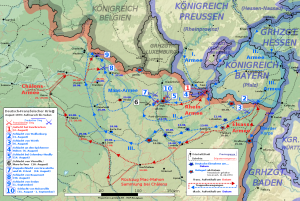
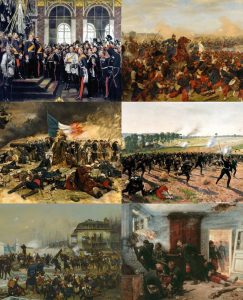
Memorabilia France – Prussian War 1870 – 1871
These three pictures were made in September 2022 and are from a display in Sudeley Castle in the UK. Here Emma Deny (1823-1900) has an enormous collection of information that she collected during her lifetime. During the Siege of Paris, Emma’s cousin Alice and her family were trapped here and her husband brought these items back with him to the UK.
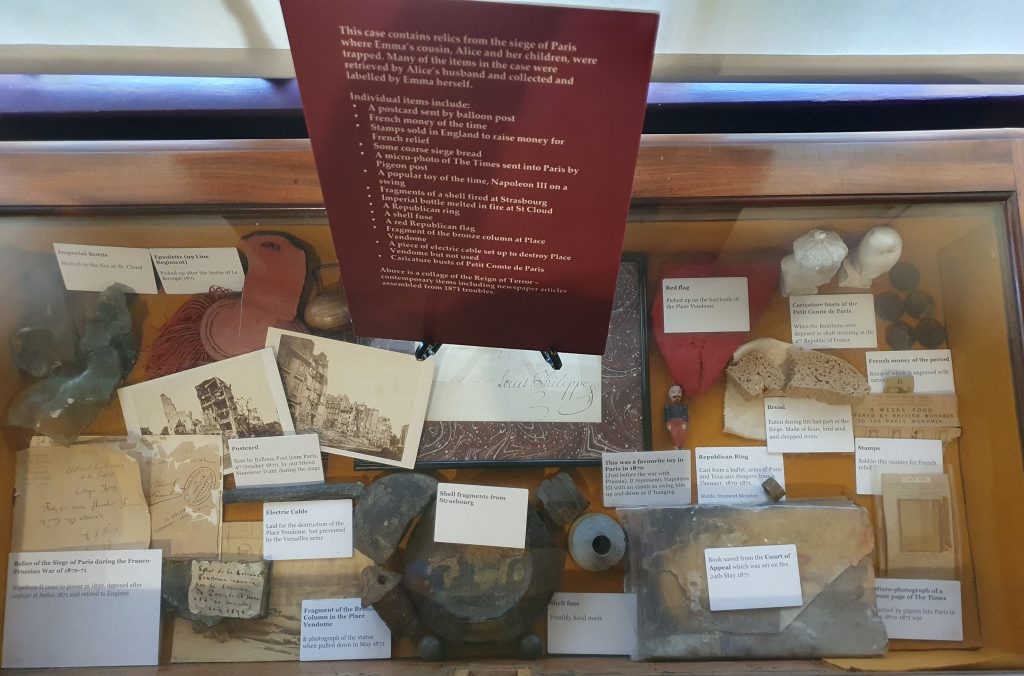
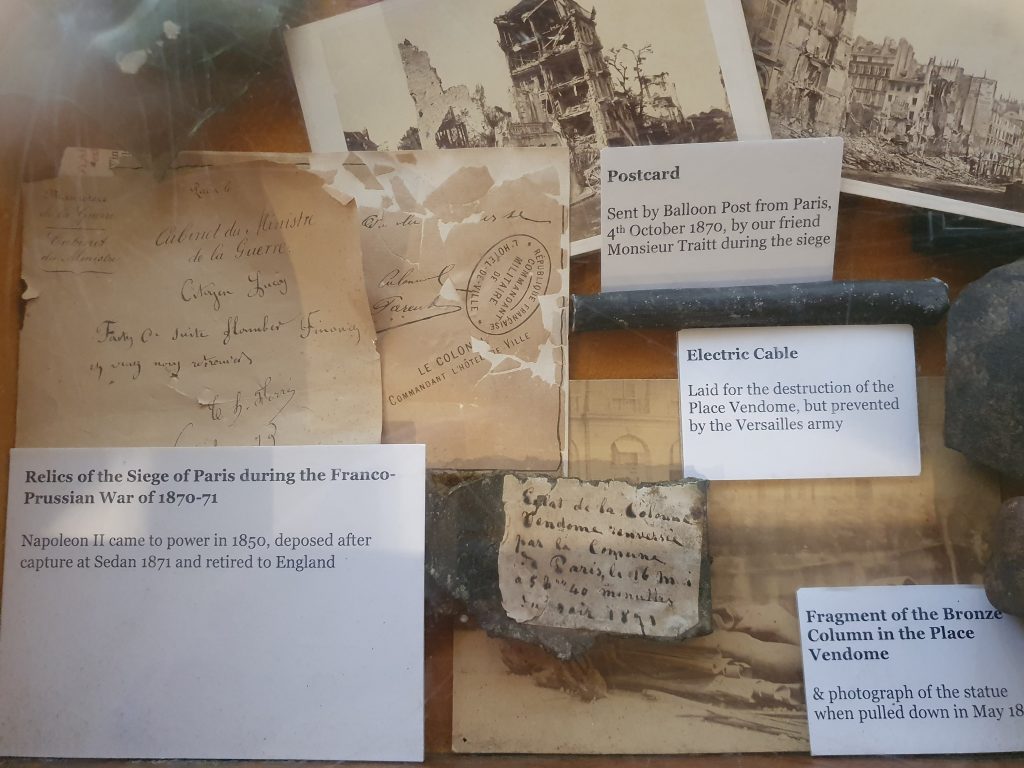
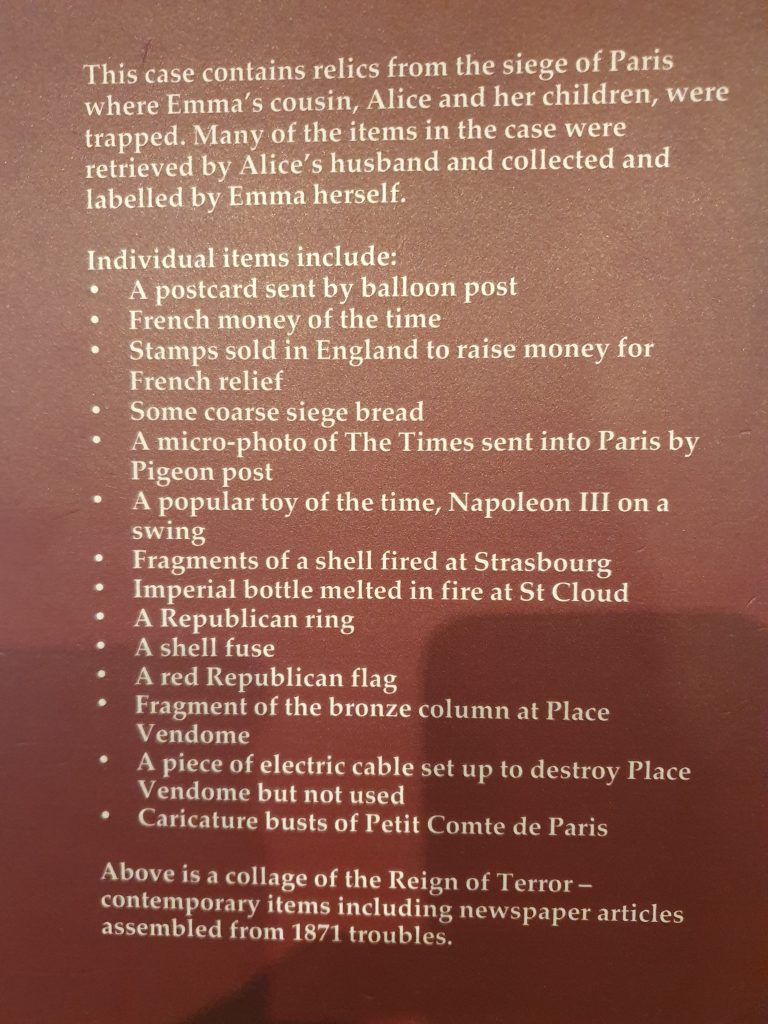
Prologue
Unfortunately, the Prussian rulers were much better at warfare than at democratic government, the Constitution of 1848 had not delivered the level of involvement in governing demanded by the people. A very conservative policy following the unification in 1871, alienating most people from their politicians.
After the Franco-Prussian war in 1870/1871 two important developments happened:
- Prussia and its northern German territories united with the southern part of Germany. This became the start of Germany as we know it.
- Bolstered by the victory and the unification, Germany now wanted to obtain its own position on the world theatre.
This put Germany right in competition with Britain who was the global superpower of the day. Germany had a great (Prussian) army but didn’t have a strong naval force, rather the opposite of the British situated. ‘Britannia ruled the waves”.
At the beginning of the 20th century this foreign policy lead to the situation that Germany had become internationally isolated. This seemingly unavoidably lead to WWI.
In the following two World Wars we see our own Buddes on both sides of these ugly wars. Because of his resistance activities, my father Herman Petrus (1920 – 1977) ended up in the concentration camp of Vught. And the Buddes in Wietmarschen suffered two terrible war losses, Josef dies on a French battlefield in 1915 during WWI and Johan in Russia during WWII in 1944.